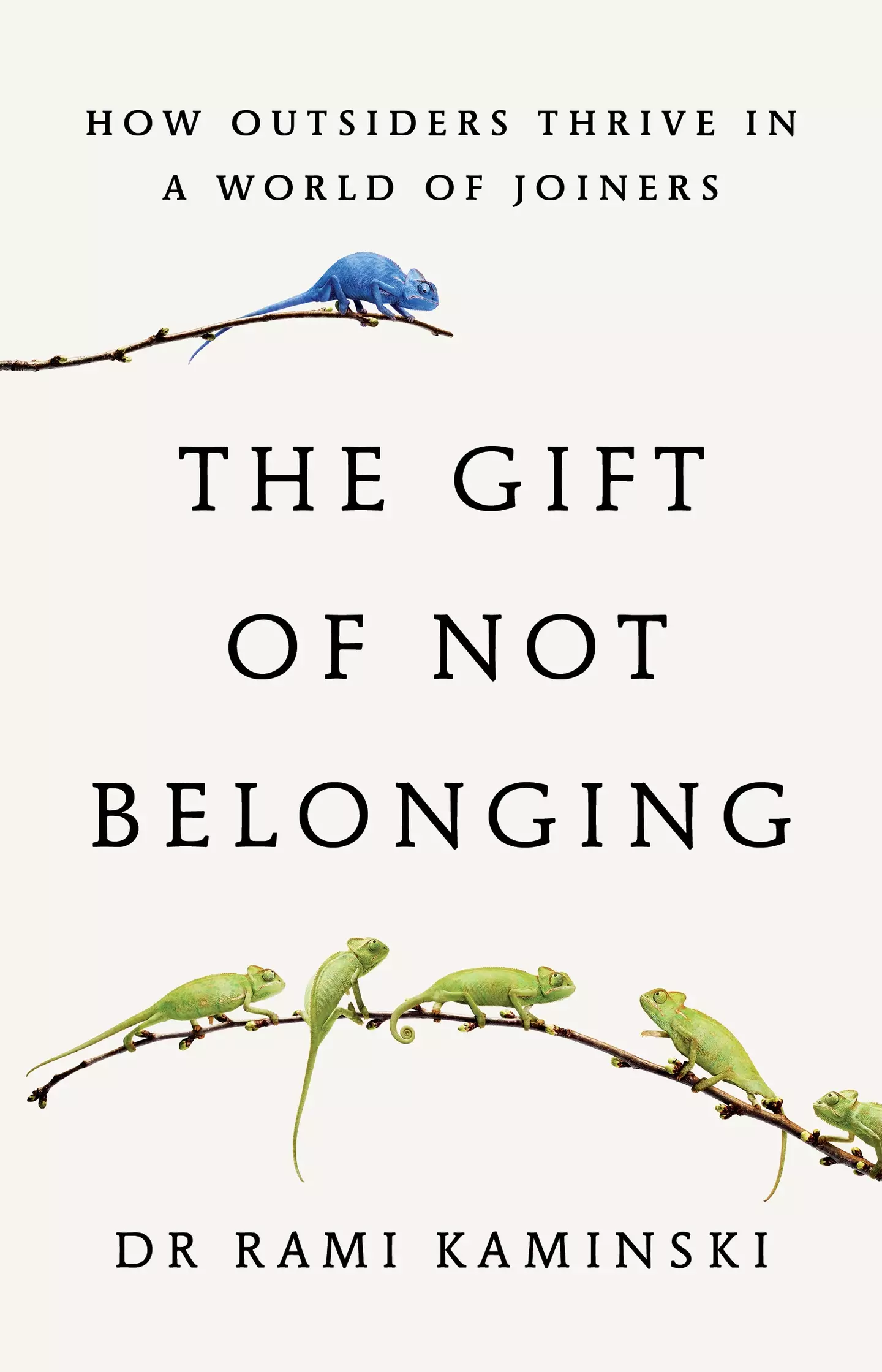
Topics: Science, Life, UK News, Sex and Relationships
If you’d class yourself as an eternal outcast who never feels lonely, or if you struggle to accept advice and would say you’re ‘emotionally self-sufficient’, then your personality type may be the same as Frida Kahlo and Albert Einstein, apparently.
We’ve all heard of the terms ‘extrovert’ and ‘introvert’, right? Initially introduced into psychology as ‘attitude types’, these phrases have become ways for us to describe our many personality traits.
People who identify as extroverts are usually loud and outgoing; social butterflies who are action-oriented and comfortable being the centre of attention.
On the flip side are introverts. Quieter and calmer than their extrovert sisters, people who claim to be introverted are likely to prefer observing over talking, and are often deemed good listeners.
Advert
But what happens if you’re loud with one or two of your friends, don’t get tired from social interactions, but feel like you just don’t belong at large parties?

Well, you could be what is known as an ‘otrovert’.
Otroversion has been coined as another personality type by pioneering American psychiatrist, Dr Rami Kaminski.
The expert, who has been studying the style for over three decades, defines otroverts as people who fail to fit in with larger groups.
While they can tune in and connect with another person’s thoughts and feelings, these people often fail to abide by societal norms and are unlikely to embrace traditions like marriage.
People who identify as otroverts sometimes have difficulty working as a team, favouring solo work efforts or even employment instead, according to the Otherness Institute.
It’s also understood that they are usually insecure outside of their comfort zone and tend to have no respect for rules or regulations.
Otroverts usually don’t ask or accept advice; they tend to carve their own path, and favour one quality friendship over an abundance of ‘fair weather’ relationships.

In his book, The Gift of Not Belonging: How Outsiders Thrive in a World of Joiners, Dr Kaminski urged people who identify neither as an introvert nor an extrovert to begin embracing their uniqueness.
The psychiatrist explained in the self-help book that while otroverts enjoy deep and fulfilling one-on-one relationships, they usually feel alienated, uncomfortable, and alone when in big groups.
Unlike introverts, who often crave being alone and need to recover after social interactions, otroverts can surprisingly be quite convivial and rarely have to withdraw after one-on-one socialising.
Dr Kaminski also claimed people with this personality type are unable to conform to what the group collectively thinks or cares about.
“Their fundamental orientation is defined by the fact that it is rarely the same direction that anyone else is facing,” he said, as reported by The Guardian.
“Otroverts discover very early in life that they feel like outsiders in any group. This is despite the fact that they are often popular and welcome in groups.
“That discrepancy may cause emotional discomfort and a sense of being misunderstood.”
He claimed Frida Kahlo, Franz Kafka, and Albert Einstein are just some of the famous ‘independent thinkers’ who would fit the mould of this exclusive ‘club’.
He added that these figures were ‘famously untethered to any group’.
Research into otroversion is quite limited, with peer-reviewed studies remaining rare.

Some critics also believe the label may be too vague and possibly lump experiences stemming from anxiety and cultural differences together.
Moreover, you may not actually be an otrovert, but rather an ambivert.
Someone who has a balance of extrovert and introvert features in their personality may identify as an ambivert.
For example, ambiverts feel both at home in solitude and in group settings, while otroverts rarely feel fully comfortable anywhere.
Ambiverts are also better at adapting to social situations, whereas otroverts always feel a sense of marginality.
So, what do you think? Would you class yourself as an otrovert?